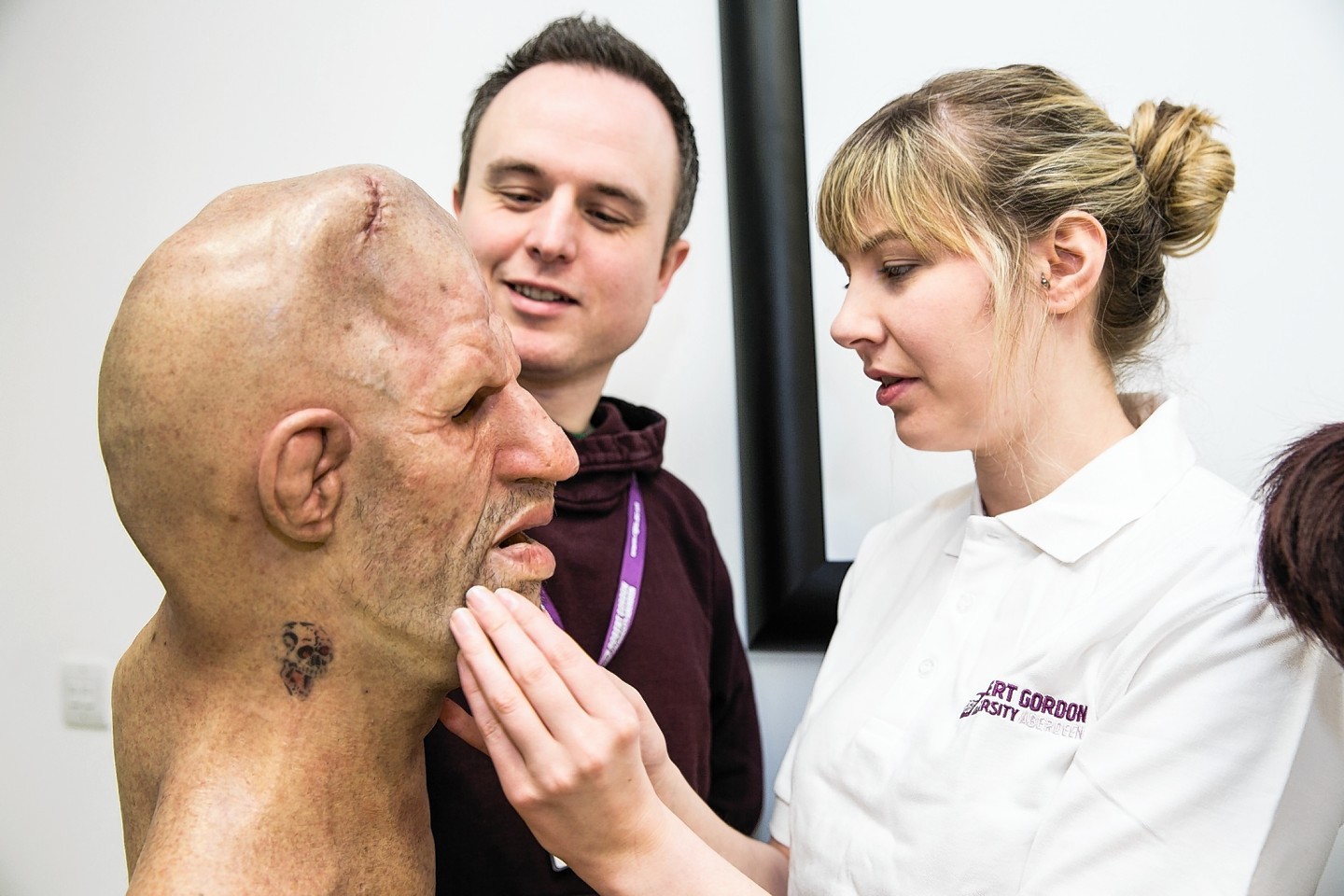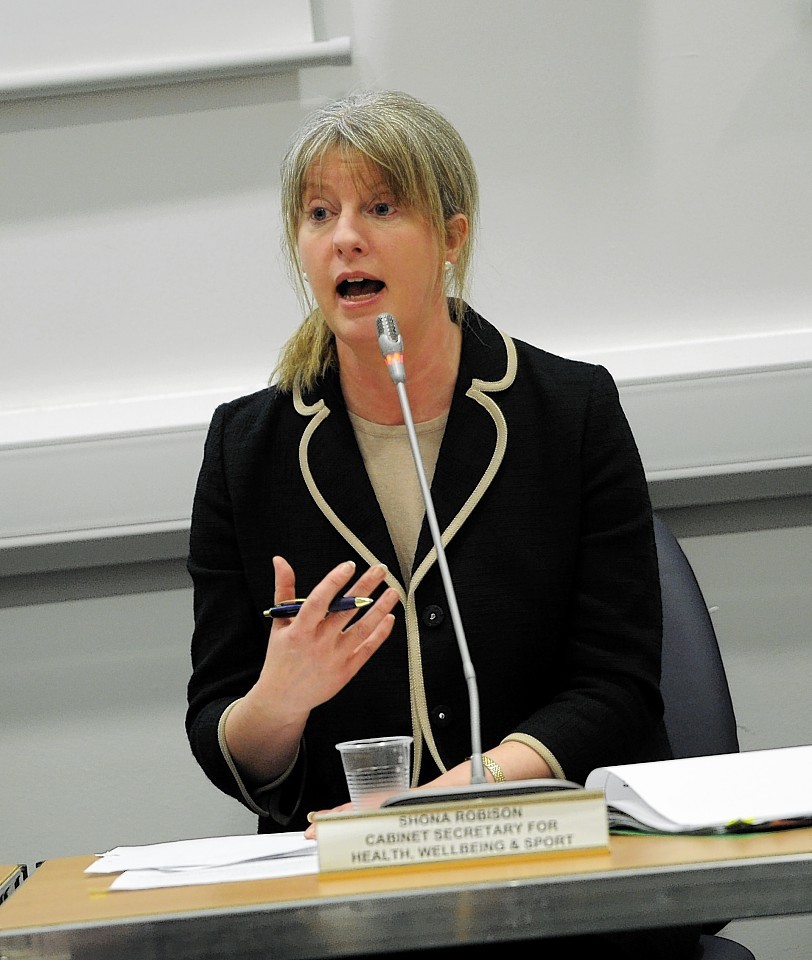Scotland’s health minister said she believes the use of prosthetic masks to portray mental health patients during the training of nurses had been “well intentioned”.
Health Secretary Shona Robison said she did not believe Robert Gordon University had meant to cause offence by using the Hollywood-style disguises.
They are used by lecturers who dress up as various characters with complex health problems, such as alcohol addiction, depression and dementia.
Another MSP, Nanette Milne, a former doctor, said the masks could make a “very worthwhile” contribution to teaching.
The university faced a furious backlash over the prosthetics – worn by lecturers during role play with nursing students – with claims they helped to “stigmatise”those with mental health issues.
Some critics said the masks were akin to something out of a horror movie.
As a result, RGU said it would halt the use of the masks in training of mental health nurses as it carried out a review.
Ms Robison said: “To be honest, I think the masks were well intentioned and I don’t think there was any deliberate attempt to cause offence or concern.
“RGU have listened and apologised.
“I think the swiftness (in which they responded) is right.”
However, Ms Robison said RGU must listen to the mental health community as it carries out a review of the masks.
Ms Robison added: “If the mental health community don’t want the masks to be used, RGU will have to listen.”
Officials from mental health support group See Me Scotland said it was to meet with lecturers in the near future.
A spokesman said the charity was “very concerned” that the visual appearance of the masks had the potential to increase stigma around with mental illness among both the public and those new to mental health nursing.
However, North East MSP Nanette Milne (Conservative) said the masks could have a role in training.
She said: “I saw pictures of the masks in the P&J and thought they looked OK.
“To my mind it is very important for students to come face to face with realistic situations, and I think if role play gives them a picture of what they actually might come across in nursing practice, they will remember what they are taught and how to deal with a situation much better than if they have no realistic picture of what patients might look like.
“Provided the role models are treated with the same respect as should be due to a real patient, then I think the masks could make a very worthwhile contribution to teaching.”

